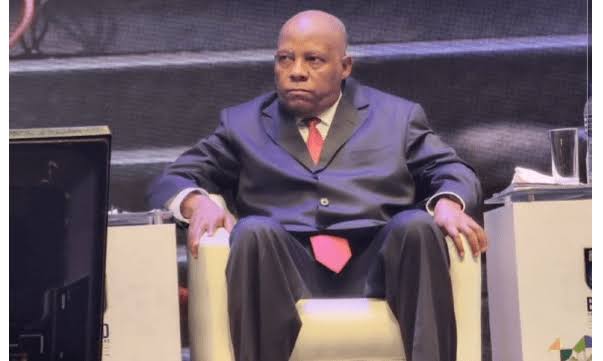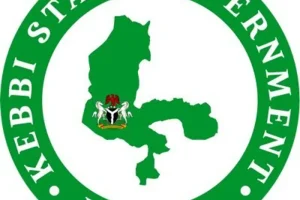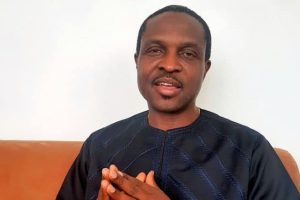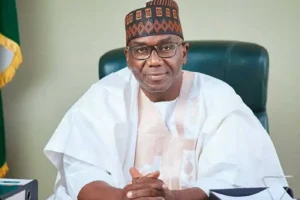
Nearly a year after its completion, Vice President Kashim Shettima has yet to move into the newly built official residence designated for Nigeria’s second-highest officeholder, sparking concerns over security and logistical challenges.
The state-of-the-art residence, valued at ₦15 billion, was officially commissioned by President Bola Ahmed Tinubu on June 7, 2024, and subsequently handed over to the Presidency by the Federal Capital Territory (FCT) Administration. Despite this, the facility remains largely unoccupied.
A visit to the site by Daily Trust on Friday, January 31, 2025, revealed minimal human activity. Only a handful of plainclothes security operatives were spotted within the premises, adding to speculations that the residence is not yet in active use.
Security Concerns Delaying Relocation
Insiders familiar with the situation disclosed that security considerations have significantly contributed to the delay in Vice President Shettima’s relocation.
One source, who spoke on condition of anonymity, highlighted the strategic concerns surrounding the building’s location, suggesting that its suitability for housing a high-profile government official remains a subject of debate.
“The security implications of the area may have played a role in the decision to delay the Vice President’s movement into the residence,” the source explained.
Presidency Yet to Comment
Efforts to obtain an official response from the Vice President’s spokesman, Stanley Nkwocha, proved unsuccessful, as he was unavailable for comments at the time of reporting.
Meanwhile, an official from the Federal Capital Development Authority (FCDA), the agency responsible for executing the project, confirmed that all construction and finishing works had been completed before the commissioning. According to the official, the facility was formally handed over to the Presidency on the day of the inauguration.
Uncertainty Surrounds Future Use of the Residence
With no official statement clarifying the reasons for the prolonged vacancy, speculation continues to grow regarding whether the Vice President will eventually relocate to the building or if alternative arrangements are being considered. The situation has also raised questions about whether additional security modifications are needed before the residence can be deemed fit for occupancy.
As concerns mount over the substantial public funds spent on the project, stakeholders are keen to see how the matter will be resolved in the coming months.





